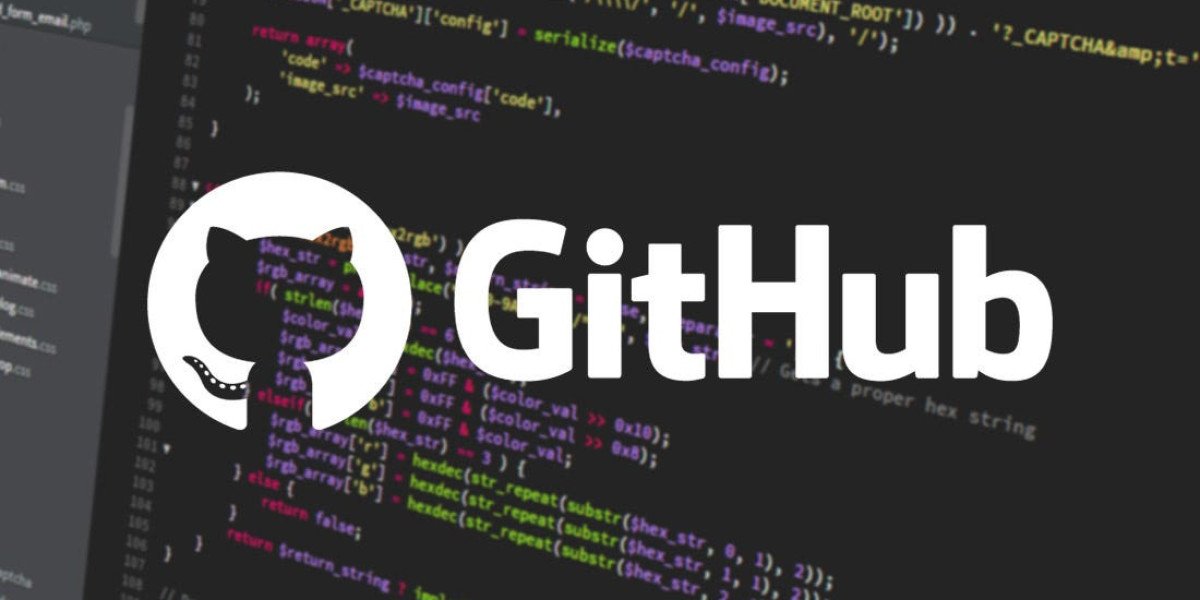GitHub’s recent release of the Copilot Agent marks a pivotal moment in the evolution of AI coding assistants, shifting them from simple autocomplete tools to fully autonomous agents that play an integral role in software development workflows. This innovative development hints at a future where AI could handle much of the coding process, giving developers more time to focus on higher-level tasks like design and innovation.
Some players who need GitHub Account can find service at U2XU, which is a professional and secure online trading website. In addition to various game items, accounts and services, you can also Buy GitHub Account Cheap here. Every transaction here is certified, so you can buy with confidence!
The Evolution of AI in Development
GitHub Copilot first made waves in 2021 when it launched as an AI pair programmer, offering real-time code suggestions. While this was revolutionary at the time, it’s only the beginning. The latest Agent Mode allows Copilot to take on a much more active role in the coding process. Rather than simply offering code suggestions, Copilot can now interpret natural language requests, generate code across multiple files, and even debug its own output. This means developers can offload entire segments of the coding process to the AI, significantly reducing the amount of time spent on repetitive tasks.
Microsoft’s investment in this trend is clear. With GitHub’s development of Project Padawan, an entirely autonomous development assistant, the company is working toward a future where AI agents can build entire software modules with minimal human intervention. This move positions Copilot Agent not only as a productivity tool but as a transformative force in the software development landscape.
How GitHub Copilot Agent Works
GitHub Copilot’s Agent Mode combines advanced AI models with a workflow engine designed to automate the coding process. For example, if a developer provides a prompt like “build a simple web app for internal issue tracking,” Copilot doesn’t just generate a snippet of code. Instead, it breaks the task down into smaller components, writes the necessary code for each part, and iteratively refines the output. In practice, this means Copilot can design new database schemas, implement API endpoints, and even suggest configuration changes without human intervention.
This high level of automation is powered by large language models—the same AI technology behind tools like ChatGPT. However, GitHub Copilot’s Agent Mode goes beyond just one model, offering users the ability to choose from multiple AI backends, including OpenAI, Anthropic, and Google’s Gemini. This multi-model approach gives businesses flexibility, allowing them to select the model that best fits their coding style and compliance needs.
While the automation is impressive, GitHub has incorporated safety features to ensure the AI behaves responsibly. For example, when Copilot suggests a terminal command or code execution, it prompts the developer to review and confirm the action before proceeding. This cautious approach is essential in enterprise environments where unpredictable actions could lead to errors or security risks.
The Future of AI in Software Development
The rise of Agentic AI in software engineering opens up exciting possibilities for the future of development. By automating repetitive tasks and even handling the generation of entire code modules, Copilot Agent allows developers to focus on what they do best—designing and innovating. As AI continues to evolve, the line between human and machine contributions will blur, leading to faster, more efficient software development processes across industries.







